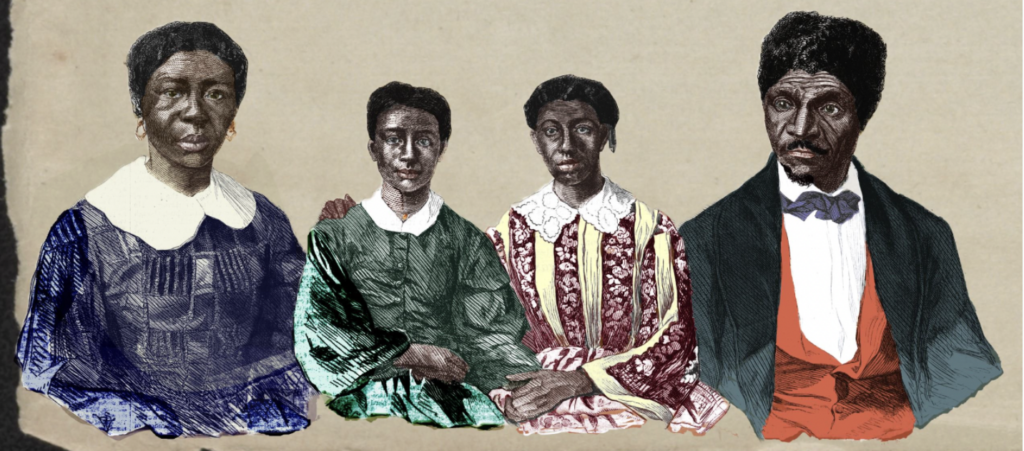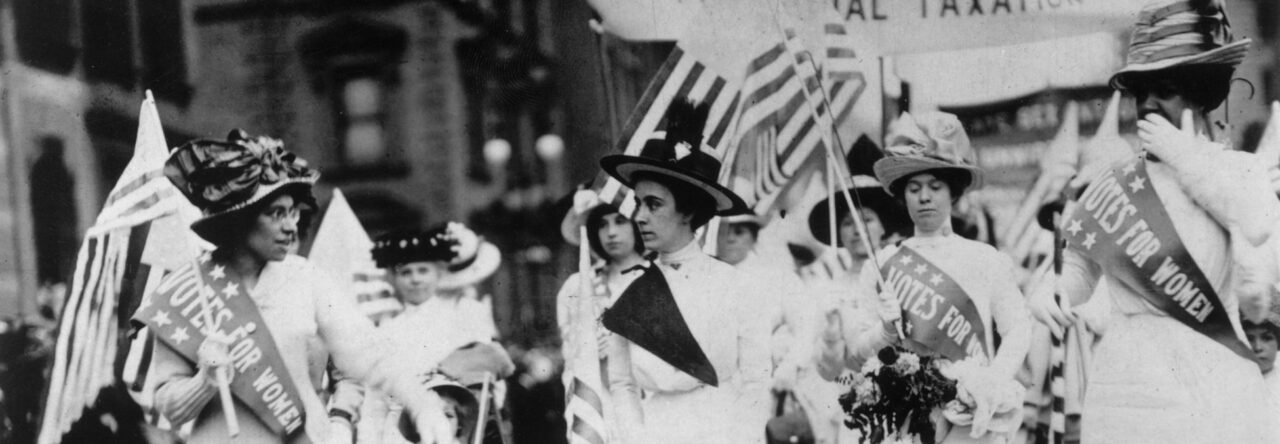1848-52 // COLLAPSE OF WHIG PARTY
Lincoln was a politician long before he was an antislavery politician. He called himself an old-line Henry Clay Whig, and he called Clay his beau-ideal of a statesman. Like Clay, Lincoln supported the Bank of the United States to ensure a stable currency and high tariffs to promote the development of American industry. Like Clay, Lincoln advocated government support for “internal improvements,” the turnpikes, canals, and railroads that would extend the market’s reach deep into the heartland. These policies, taken together, were supposed to promote the development of a truly national economy powerful enough to bind every region of the country together, to build one national identity at the expense of competing regional identities. Clay called this the American System, and from 1830 to 1854 it was the heart and soul of Abraham Lincoln’s political life. –James Oakes, The Radical and the Republican, p. 43
Lincoln Supported Zachary Taylor for president over Clay in 1848
Key Document —Lincoln’s Eulogy on Henry Clay (1852)
[Henry Clay’s ] feeling and his judgment, therefore, ever led him to oppose both extremes of opinion on the subject [of slavery]. Those who would shiver into fragments the Union of these States; tear to tatters its now venerated constitution; and even burn the last copy of the Bible, rather than slavery should continue a single hour, together with all their more halting sympathisers, have received, and are receiving their just execration; and the name, and opinions, and influence of Mr. Clay, are fully, and, as I trust, effectually and enduringly, arrayed against them. But I would also, if I could, array his name, opinions, and influence against the opposite extreme—against a few, but an increasing number of men, who, for the sake of perpetuating slavery, are beginning to assail and to ridicule the white-man’s charter of freedom—the declaration that ‘all men are created free and equal.'”
1854 // ANTI-NEBRASKA TURNING POINT
I was losing interest in politics, when the repeal of the
Missouri Compromise aroused me again.
–Abraham Lincoln, December 20, 1859
KEY DOCUMENT: Lincoln to Richard Yates, August 18, 1854
Hon. R. Yates, Springfield,
Jacksonville, Ill. August 18, 1854.
My dear Sir:
I am disappointed at not having seen or heard from you since I met you more than a week ago at the railroad depot here. I wish to have the matter we spoke of settled and working to its consummation. I understand that our friend B. S. Edwards is entirely satisfied now, and when I can assure myself of this perfectly I would like, by your leave, to get an additional paragraph into the Journal, about as follows:
“To-day we place the name of Hon. Richard Yates at the head of our columns for reelection as the Whig candidate for this congressional district. We do this without consultation with him and subject to the decision of a Whig convention, should the holding of one be deemed necessary; hoping, however, there may be unanimous acquiescence without a convention.”
May I do this? Answer by return mail.
Yours, as ever, A. LINCOLN.
ACTUAL NEWSPAPER ANNOUNCEMENT
“HON. RICHARD YATES. Has yielded to the solicitation of his friends and consented to be a candidate for re-election to Congress, subject to the decision of a convention should one be held.”
–(Springfield) Illinois Daily Journal, August 22, 1854, p. 2:1.
- Yates was an antislavery Whig congressman from Lincoln’s district, returning to Illinois after the congressional session had recessed for the summer. He and other Anti-Nebraska congressmen from Illinois had organized a meeting in Chicago on their return to discuss “fusion” strategies for the fall midterm elections.
- Benjamin S. Edwards was a former Whig and current leader of the Springfield area Know Nothings
KEY DOCUMENT: Lincoln to Joshua Speed, August 24, 1855
I also acknowledge your rights and my obligations, under the constitution, in regard to your slaves. I confess I hate to see the poor creatures hunted down, and caught, and carried back to their stripes, and unrewarded toils; but I bite my lip and keep quiet. In 1841 you and I had together a tedious low-water trip, on a Steam Boat from Louisville to St. Louis. You may remember, as I well do, that from Louisville to the mouth of the Ohio there were, on board, ten or a dozen slaves, shackled together with irons. That sight was a continual torment to me; and I see something like it every time I touch the Ohio, or any other slave-border. It is hardly fair for you to assume, that I have no interest in a thing which has, and continually exercises, the power of making me miserable. You ought rather to appreciate how much the great body of the Northern people do crucify their feelings, in order to maintain their loyalty to the constitution and the Union.
…You enquire where I now stand. That is a disputed point. I think I am a whig; but others say there are no whigs, and that I am an abolitionist. When I was at Washington I voted for the Wilmot Proviso as good as forty times, and I never heard of any one attempting to unwhig me for that. I now do no more than oppose the extension of slavery.
I am not a Know-Nothing. That is certain. How could I be? How can any one who abhors the oppression of negroes, be in favor of degrading classes of white people? Our progress in degeneracy appears to me to be pretty rapid. As a nation, we began by declaring that “all men are created equal.” We now practically read it “all men are created equal, except negroes.” When the Know-Nothings get control, it will read “all men are created equal, except negroes, and foreigners, and catholics.” When it comes to this I should prefer emigrating to some country where they make no pretence of loving liberty—to Russia, for instance, where despotism can be taken pure, and without the base alloy of hypocracy.
Discussion Questions
- Which important word is missing from the actual newspaper announcement of Richard Yates’ candidacy?
- Why was joining the new Republican party considered such a radical departure for so many Northern politicians like Lincoln?
- Why might Lincoln have been downplaying his Anti-Nebraska or Republican identity as late as the summer of 1855 in his letter to his Kentucky friend Joshua Speed?
1857 // SCOTT FAMILY VS. THE TANEY COURT

Harriet, Eliza, Lizzie, and Dred Scott in 1857
KEY DOCUMENT: Lincoln speech at Springfield, June 26, 1857
Chief Justice Taney, in his opinion in the Dred Scott case, admits that the language of the Declaration is broad enough to include the whole human family, but he and Judge Douglas argue that the authors of that instrument did not intend to include negroes, by the fact that they did not at once, actually place them on an equality with the whites. Now this grave argument comes to just nothing at all, by the other fact, that they did not at once, or ever afterwards, actually place all white people on an equality with one or another. And this is the staple argument of both the Chief Justice and the Senator, for doing this obvious violence to the plain unmistakable language of the Declaration. I think the authors of that notable instrument intended to include all men, but they did not intend to declare all men equal in all respects. They did not mean to say all were equal in color, size, intellect, moral developments, or social capacity….They meant to set up a standard maxim for free society, which should be familiar to all, and revered by all; constantly looked to, constantly labored for, and even though never perfectly attained, constantly approximated, and thereby constantly spreading and deepening its influence, and augmenting the happiness and value of life to all people of all colors everywhere.
—Speech by Abraham Lincoln, June 26, 1857 at Springfield, Illinois


